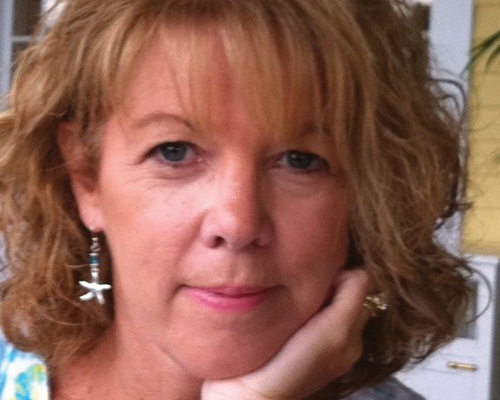What are the accomplishments you are most proud of?
My career has been focused on advancing the after school field. In that context, the accomplishment I am most proud of is working with the higher education system to create courses and degrees for after school professionals. I am also proud to be a co-founder of Florida's only local after school intermediary—Prime Time—still going strong with great leadership and committed staff. Finally, my time with the National AfterSchool Association was incredibly rewarding, as we elevated the annual conference to the field's only true "convention" and expanded upon the national competencies—both of which support professional development in the field. Of course, I am most proud to be Megan's mother.
Where do you see the field in ten years?
In ten years I believe the line between the school day and afterschool will become blurred. We know that the current school day and year are based on an antiquated agrarian model that needs to be redesigned for the knowledge/information economy and aligned with the current workday. We also know that rapid advances in technology make learning anytime, anywhere a reality. As the demands placed on the education system go beyond what teachers and schools can do alone, afterschool programs will become even more critical. This will provide great opportunities to expand and elevate the profession.
What are the biggest opportunities for the afterschool industry?
The biggest opportunity for the afterschool field is two-fold. First, we can redefine what the learning day looks like, as afterschool can serve as a testing ground for new ways to deliver educational and developmental opportunities to students. Second, afterschool programs can demonstrate what is missing from the school day by experimenting with approaches to learning that excite, engage, interest, and motivate students.
What are the biggest challenges facing afterschool?
Some of the challenges facing afterschool include continuing to be relevant to the discussion of what the learning day should look like and continuing to innovate as a field. The afterschool field is so rich in its diversity—which is both an asset and a challenge. As our partners in education continue to realize the unique value of our programming and practices, they will expect a level of competency and delivery that we will be challenged to meet across the profession. NAA can continue to be the driver for the professional identity of afterschool providers, which is both challenging and exciting for the field.
What makes an after school program successful?
I like to look at the customer. Our customer is the student. How can we tell if we are reaching the student? The student will be excited, engaged, interested, and motivated. If an afterschool program meets these tests, it will be successful in generating intellectual curiosity and development, and produce positive developmental and learning outcomes.
Edited by Amy L Charles, editorial director of AfterSchool Today magazine, the Official Publication of the National AfterSchool Association.

